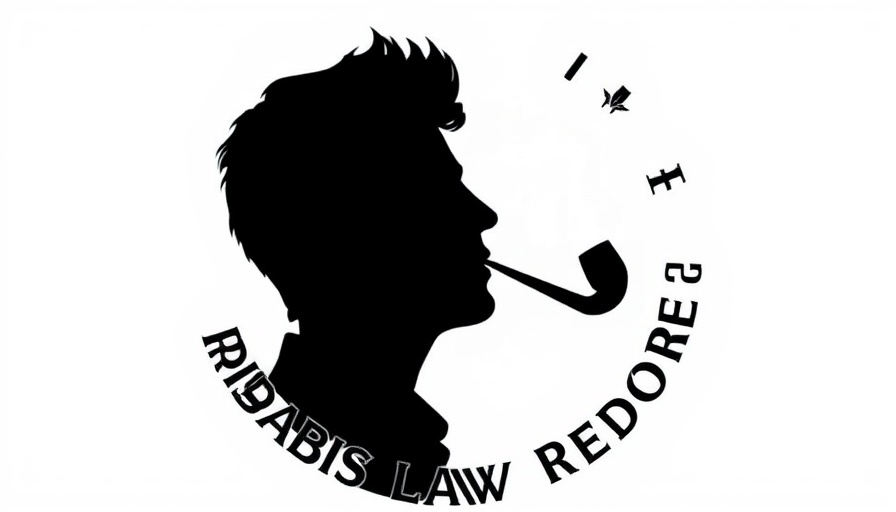
Understanding the Growing Trend of Mouth Swab Drug Tests
As employers increasingly prioritize workplace safety, the implementation of drug screenings has become a significant concern. In fact, workplace drug test failures have reached a 16-year high of 4.5%. More companies are transitioning to mouth swab tests, thanks to their efficiency and ease of administration. This shift not only ensures a safer environment but also reflects a growing emphasis on responsible workplace practices.
What You Need to Know About Mouth Swab Drug Tests
Mouth swab drug tests, also known as oral fluid tests or saliva drug tests, are designed to detect substances like marijuana, cocaine, opiates, and alcohol. Their increasing popularity stems from several key advantages:
- Non-invasive: These tests eliminate the need for needles or complex bathroom visits.
- Speed: Results can be obtained on-site within minutes.
- Tamper-resistant: Observations during testing help reduce the chance of cheating.
- Cost-effective: They are generally less expensive than blood or hair tests.
However, understanding how these tests differ from traditional urine tests is crucial for successful preparation.
The Importance of Timing: Detection Windows Explained
A critical factor in succeeding with a mouth swab test is understanding the detection windows. Unlike urine tests that can detect drug use from up to 7 days prior, mouth swab tests typically reveal recent use within a 5 to 48-hour window. For instance:
- Marijuana (THC): detectable for about 24 hours after use.
- Cocaine: identifiable for up to 48 hours.
- Opiates: similar detection time as cocaine.
- Alcohol: generally detectable for up to 24 hours.
This sharp focus on recent use makes timing crucial; being aware of when substances were consumed can greatly influence outcomes.
Effective Preparation: What To Do and What to Avoid
Proper preparation can make all the difference in the outcome of a mouth swab drug test. Here are some actionable tips:
- Stay Hydrated: Drinking plenty of water can help flush your system, although excessive water intake just before a test may raise flags.
- Oral Hygiene: Brushing your teeth and maintaining good oral hygiene can minimize residual traces of substances.
- Avoid Specific Foods: Certain foods can affect the test; avoid items like poppy seeds.
On the contrary, here are common mistakes you should steer clear from:
- Attempting to Cheat: Trying to mask substance use can lead to immediate disqualification.
- Drug Use Close to Testing: Ingesting substances just before a test is risky given the short detection window.
Final Thoughts on Mouth Swab Testing in the Cannabis Community
With the rapid evolution of cannabis laws across states, it’s vital to stay informed about how they impact drug testing and employment. Understanding the ins and outs of mouth swab drug tests can empower individuals, especially in regions where cannabis is legal, but employers still enforce strict drug-free policies.
As you prepare for any upcoming screenings, remember that knowledge is your greatest ally. Whether it’s brushing up on state laws related to cannabis or understanding how to best ready yourself for testing, being proactive can lead to positive outcomes. Share this article with friends and family to help navigate the complexities of mouth swab drug screenings in today’s changing cannabis landscape.
 Add Row
Add Row  Add
Add 




Write A Comment